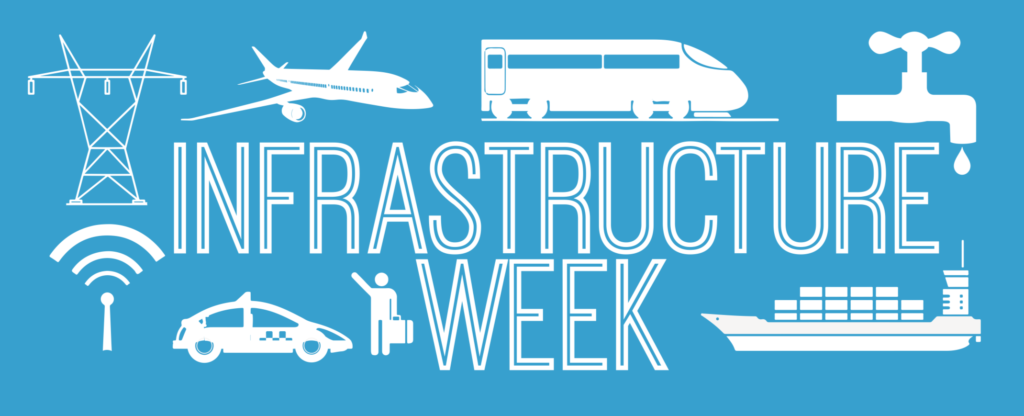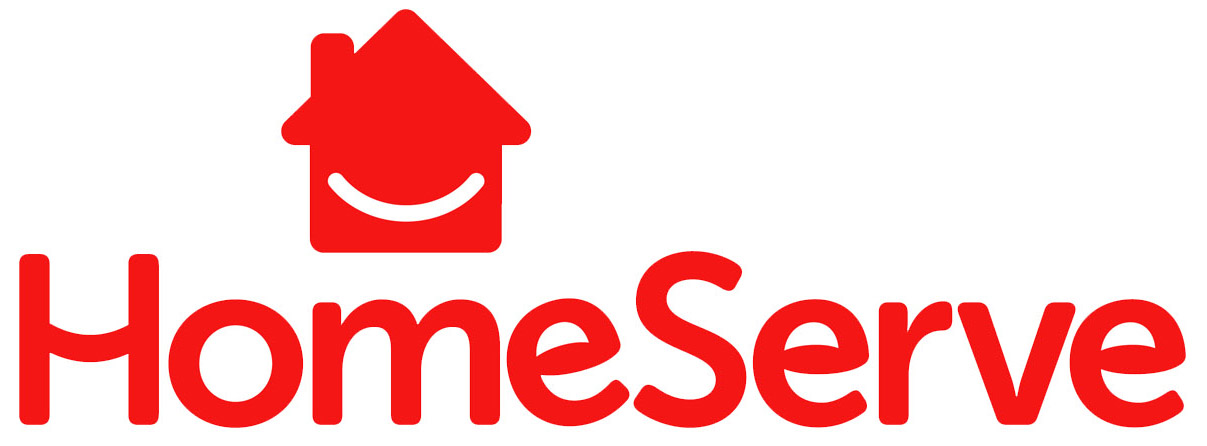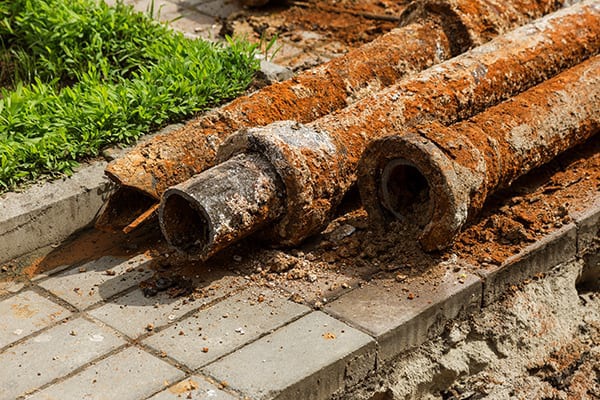 Infrastructure matters. It matters, in big ways and in small, to our country, our economy, our quality of life, our safety, and our communities. Roads, bridges, rails, ports, airports, pipes, the power grid, broadband… Infrastructure matters to companies that manufacture and ship goods. It matters to our daily commutes and our summer vacations. Infrastructure determines if we can drink water straight from our taps and flush our toilets or do our laundry. It brings electricity into our homes. Ultimately, infrastructure matters to every aspect of our daily lives.
Infrastructure matters. It matters, in big ways and in small, to our country, our economy, our quality of life, our safety, and our communities. Roads, bridges, rails, ports, airports, pipes, the power grid, broadband… Infrastructure matters to companies that manufacture and ship goods. It matters to our daily commutes and our summer vacations. Infrastructure determines if we can drink water straight from our taps and flush our toilets or do our laundry. It brings electricity into our homes. Ultimately, infrastructure matters to every aspect of our daily lives.
That is why Utility Service Partners (USP) has teamed up with hundreds of other organizations around the country to participate in Infrastructure Week 2016. We’re raising awareness about the need to invest in infrastructure, which is the backbone of our economy, locally and nationally.
A 2016 report found 59,000 structurally deficient bridges across America. Media stories of tainted water, natural gas leaks, and other infrastructure crises have become commonplace. And the failure to invest in infrastructure increases drag on the whole economy, costing America in GDP for every we fail to invest.
Based on a report released in 2013 by the American Society of Civil Engineers (ASCE), the US drinking water and wastewater infrastructure has received a D rating. This rating, based on a number of factors, brings to light the need for education and support of infrastructure initiatives. The ASCE estimated that the capital investment needed for the nation’s wastewater and storm water systems alone in the next 20 years will be 8 billion.
Following recent events in Flint, Michigan, the national drinking water system has become a major focus for citizens nationwide. There are an estimated 240,000 water main breaks per year in the United States that account for millions of gallons of wasted drinkable water. As cities and states work to find a cost-effective assessment program, the estimates for what it will take to stabilize our drinking water system will climb to nearly .6 trillion by 2020.
Join USP in helping to promote education on infrastructure issues around the country, and learn how to help protect or improve the water and wastewater infrastructure in your community by visiting www.homeserveusa.com.
Enhancing Member Engagement and Loyalty Webinar
We are proud to present this webinar hosted by Touchstone. Discover new ways to build stronger relationships with your members through this incredible event! In this ever-evolving energy landscape, many cooperatives are discovering that value-added services are...

